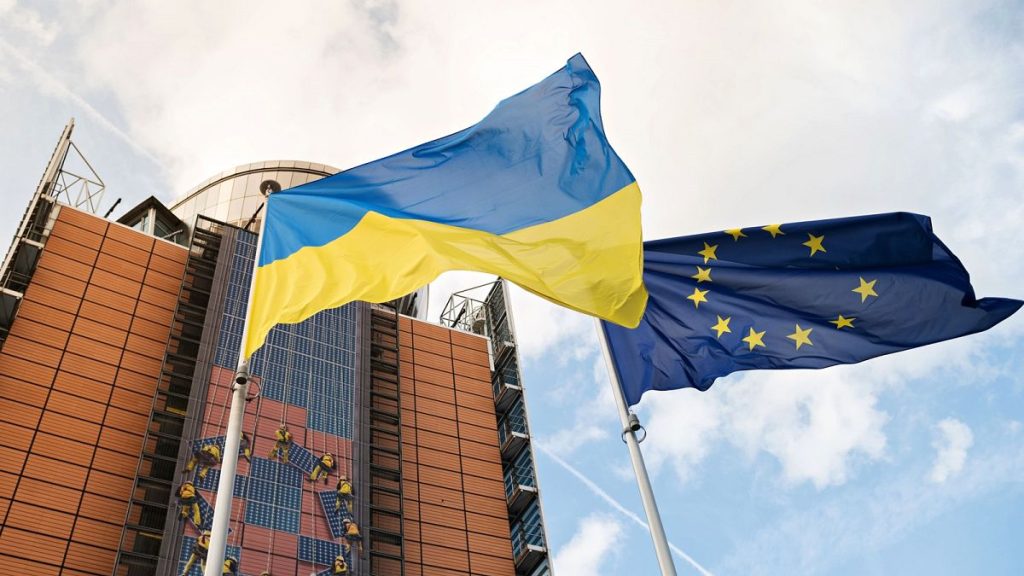The G7 has pledged to raise a $50 billion loan for Ukraine to support its army and economy in its fight against Russian forces. The plan involves using Russia’s immobilized assets, primarily held in the European Union, as collateral. However, the plan faces financial risks, including the possibility of assets being unfrozen before repayments are completed. The need for unanimous agreement among EU member states to extend sanctions every six months poses a significant challenge, with Hungary having a history of blocking decisions in support of Ukraine.
To address the potential roadblocks in securing the loan for Ukraine, the European Commission presented member states with three options during an ambassadors meeting. The first option involves freezing the assets for five years with an annual review, requiring a qualified majority to unfreeze them. The second option proposes renewing sanctions on Russian assets every 36 months and other sanctions on Russia every six months. The third option suggests renewing all sanctions on Russia every 36 months. While the second option garnered the most support, specific details are still being awaited.
The presentation of the three options was done orally by the chief of staff of European Commission President Ursula von der Leyen, with a formal proposal expected to be presented to member states soon to initiate negotiations. The United States has urged Brussels to expedite the process to ensure the $50 billion loan reaches Ukraine before the year’s end, given the critical situation in the country following years of conflict. With Vice President Kamala Harris now leading the US, there is hope that American aid to Ukraine will continue, averting a potential humanitarian crisis during the winter months.
The urgency to secure the loan for Ukraine has diminished slightly in recent weeks, following the change in US leadership. Vice President Harris taking over from President Biden has brought relief, as there were concerns that former President Trump, who had threatened to cut off American aid to Kyiv, may return to power. The European Union is now tasked with navigating the complexities of securing the loan and ensuring that the frozen assets of Russia are utilized effectively as collateral. The negotiations among member states are expected to be extensive, but there is a shared determination to support Ukraine in its battle against Russian aggression.


